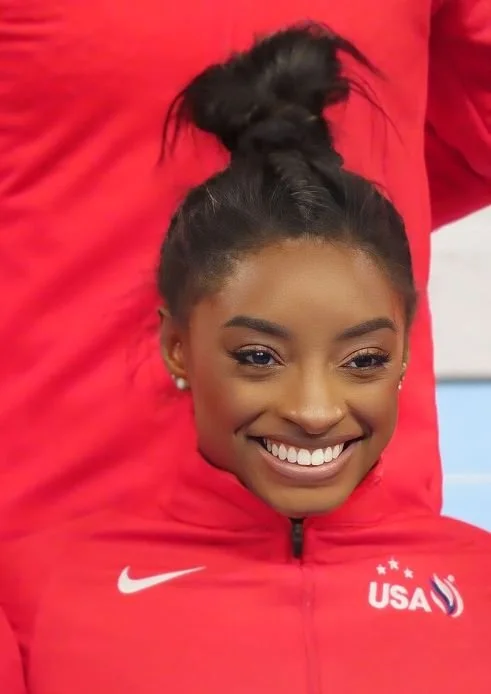Freedom in Vulnerability
Greg and I recently coached a leader who also happens to be a jazz singer. As the new leader of a team, he’s striving to build more collaboration. He’s also aware that his reports and colleagues would like him to be more open and share insights from his previous experiences. His colleagues have asked him to give a jazz performance, but he has thus far declined to do so.
In this weekend’s Times, an article about Simone Biles was entitled: “Whatever Happens in Paris, Simone is Finally Free.” Simone’s journey—from her decision to leave the 2020 Tokyo Games to competing again in the 2023 World Championships—was the focus.
The common thread between our coachee and Simone’s story was the notion of being vulnerable. Also evident was how freedom can be found in and through vulnerability.
It’s noteworthy how being courageous is interwoven intricately with being vulnerable. Ironically, being vulnerable can generate a sense of freedom—to express, to act, to be what we choose.
This weekend, I watched the documentary Simone Biles Rising, on Netflix. Simone says that she had an intuition about the 2020 Tokyo Games. She “felt silent… like my brain and body were in jail.” She was getting lost in all her skills and couldn’t understand why.
Simone had no belief in herself after Tokyo. She didn’t want to be afraid of the sport and she wanted it to be on her own terms. She relearned how to trust and have confidence in herself again. She had “And still I rise,” from Maya Angelou’s epic poem, tattooed just below her collarbone, as a reminder of the driving force of her life. She went to the gym for a year and a half and just played, sometimes still getting lost, but pressing forward.
Through vulnerability, Simone took her power back. She felt that sitting out ultimately showed just how strong of a competitor she was. Dr. Onnie Willis Rogers, Professor of Psychology at Northwestern University and a former NCAA Gymnastic Champion, said that Simone “needs to know exactly what she needs and the courage to live it out. It’s a beautiful lesson for all of us and a beautiful model of what it means to listen to yourself and care for yourself.”
In her vulnerability lay her power. In Simone’s words, “I get to write my own ending.”
In our Jazz Leadership Project, we talk about the freedom in the structure of jazz which gives musicians paths to create in the moment and express their musicality. These are moments of vulnerability where what they choose to contribute becomes a dynamic part of the musical experience. In Daniel Coyle’s Culture Code, he calls this a vulnerability loop—an exchange of openness and cooperation, creating relationships based on mutual risk.
Whether the vulnerabilities include weaknesses, skill deficiencies, interpersonal shortcomings, mistakes or requests for help, through them, we can build trust—not only within ourselves, but also with others.
There is a sense of the unknown that, as leaders, we must be comfortable moving through. That is where our courage comes into play. The vulnerability of not having to control all elements or to have all the answers builds trust in the process. If our being vulnerable can help others feel that it’s fine to the same, advance systemic change, and shift perspectives, we can all benefit from that level of freedom.

